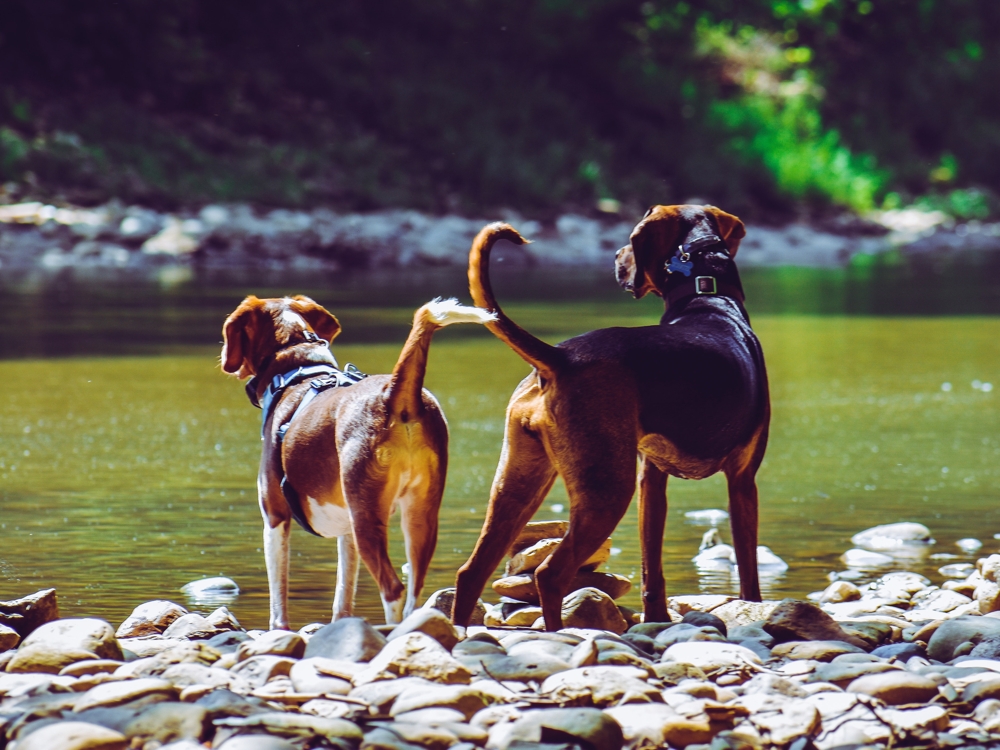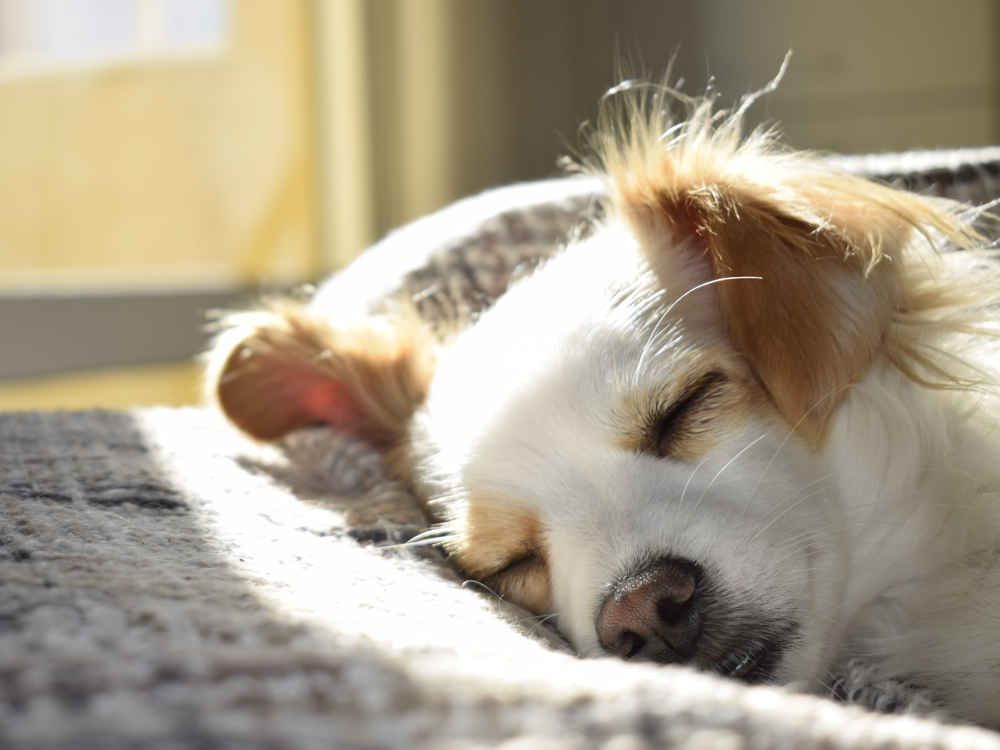Dog Poop: What’s Normal?
Share
[Sassy_Social_Share]No dog owner can escape it, and when you are scooping dog poop regularly, you can’t help but notice a few things. Dog owners and new parents have this in common: we learn quickly that one of the ways to assess our beloved’s health when they can’t talk is by observing their output. We have to clean up after them, so we might as well glean some insight into their wellbeing while we’re at it.
Most of us have a lot of questions about our dog’s diet. Is the family giving him too many treats? Is grain-free bad for dogs or good? What on earth did the dog just lick off the street and will it make him sick?

Your dog’s waste can tell you more than most of us realise. Some things are obvious. If your dog has diarrhoea, it’s a safe bet she has an upset stomach and probably ate something gross. If you see worms in your dog’s stool, you don’t need a degree in veterinary medicine to know you need to worm her to clear up the infestation. But other things are not so obvious. The colour of your dog’s poop can tip you off about liver problems, intestinal bleeding or an issue with their pancreas. Knowing how to decipher dog poop can help you get veterinary help for your dog sooner, before illness becomes severe.
Of course, your dog’s diet is one of the main determiners of your dog’s poop. If you feed your dog food that includes strong, colourful dyes, that can affect the colour of their stools. That makes it difficult to detect any change in colour that could indicate a medical problem. A diet that doesn’t suit your dog can also cause constipation or loose stools. Simply changing dog food brands can also cause changes in their waste. It is important to change foods gradually, and if your dog shows signs of stomach upset, make the change even more gradual.
Assessing Your Dog’s Waste
Three factors can give you some insight into your dog’s well-being. They are the stool’s consistency, colour, and volume. Keep an eye on your dog’s waste so you know what is normal for him and so you can detect any changes quickly.
1. Consistency:
Your dog’s stools should be formed but not hard. Loose stools can indicate an intestinal irritation such as an infection, while very hard stools indicate constipation. It isn’t alarming if your dog has an occasional episode of passing stools that are too loose or too hard. But if either problem lasts more a couple of days, it is time to contact your vet.
2. Colour:
Medium to dark brown is the colour of healthy, normal stool. Green stool, as opposed to pieces of grass in the stool, can be evidence of a serious intestinal infection or poisoning, which is an emergency. It can also be caused by a gall bladder issue. If your dog passes green stool and seems off form, contact your vet right away. Bright red, pink or purple in the stool is usually blood, and also indicates a serious problem that demands an urgent vet visit. Very dark stool suggests bleeding higher up in the intestinal tract. Yellow or orange stool reflects a liver problem. This is serious but usually less urgent than poisoning or bleeding. Small white flecks in the stool are probably worm segments or eggs.
3. Volume
Volume here does not mean noise! The amount of poop your dog produces is related not only to how much he eats, but what he eats. Cheap dog food with a lot of indigestible filler result in a lot more waste than quality foods with a high meat content. If your dog’s food intake remains the same, but the amount of waste he produces changes dramatically, it is worth a trip to the vet, especially if he is passing a small amount of diarrhoea. That could be caused by a partial blockage of an intestine.
Dog Food Allergies & Grain-Free Dog Food
One common cause of poop problems is a food allergy or intolerance. Many brands of dog food use inexpensive grains such as maize as filler, and these grains were not naturally a significant part of the canine diet. While many dogs do well on ordinary commercial foods that include a reasonable amount of grain, others don’t tolerate it well. Those owners might be wondering ‘is grain-free bad for dogs?’ The answer is not as simple as yes or no.
All grain-free dog foods are not the same. It is important to choose food from a reputable, established dog food company you can trust. What’s in the dog food is as important as what isn’t in it. Look for wholesome, locally sourced, organic ingredients with a single source of protein. And most importantly, if you are wondering is grain-free bad for dogs or is it the best choice for your dog, talk to your vet. Get their opinion about what is causing your dog’s digestive problems rather than just switching foods.
Changing Foods and Your Dog’s Digestion
It is normal for your dog’s waste to change when you change dog foods. If you are switching foods because your dog suffered loose stools or other problems, you can expect that to get worse before it gets better. You can minimize the upset by making the switch very gradually, even more gradually than is usually recommended. For the first week, feed your dog three parts old food to one part new food. Increase the ratio to equal portions of each in the second week. At week three, feed one part old food to three parts new food. Then you can feed the new food exclusively. After a couple of weeks of eating only the new food, your dog’s digestion should improve.
If you’ve found the right food for your dog, after a few weeks you should notice that his stools are a medium brown, solid but not hard, and not stinky enough to make cleaning up difficult. If you are changing from a food with a lot of cheap filler to a quality food, you’ll also notice that your dog poops less. On the right food, your dog’s coat and eyes will shine, and his skin with be healthy and not dry. Your dog’s diet is the foundation of his health, and his waste can tell you a lot about his health.






